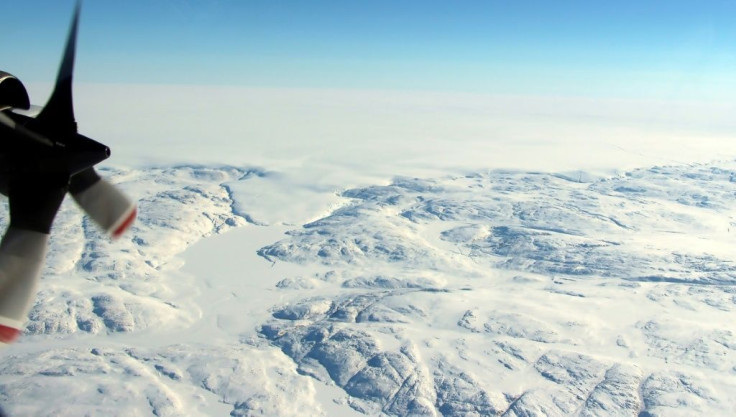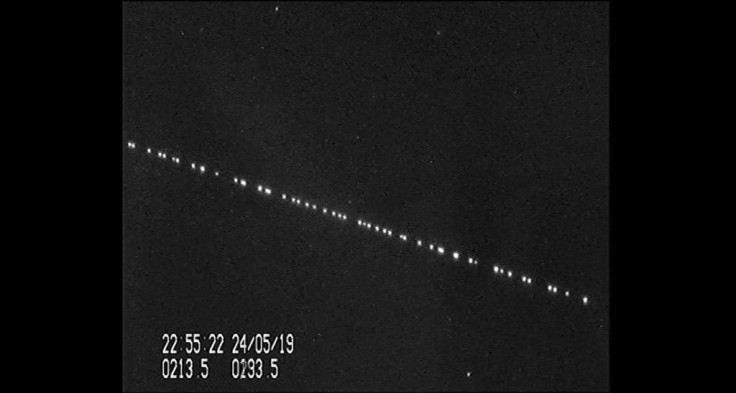Startup Beats SpaceX Starlink Satellite Speeds, First To Offer 100Mbps In The Arctic

In 2017, the Arctic Economic Council called for governments to bring more high-speed internet connections to the northern regions. Almost three years later, that request has been fulfilled by startup Kepler Communications in becoming the first satellite broadband to offer more than 100 Mbps in the Arctic.
On Thursday, the company announced that they were able to deliver 38 Mbps downlink and 120 Mbps uplink of network speed to German icebreaker Polarstern. The successful connection makes use of two low-Earth orbit satellites developed by Kepler, and it is for serving the MOSAiC research team who study the effects of global warming on the Arctic environment while aboard the Polarstern.
"Our Global Data Service provides a cost-effective means to transfer large data volumes that will be gathered over the course of MOSAiC," explained Mina Mitry, CEO at Kepler.
"Rather than only storing data locally and analyzing once physical storage can be sent back with supply vessels, we are giving scientists the ability to continuously transfer test and housekeeping data sets over our unique LEO satellite network."
MOSAiC is composed of 19 countries partaking in the "largest polar expedition in history." The icebreaker that houses the MOSAiC lab and hundreds of scientists and operations crew will stay in the north pole for 12 months. The collaborative endeavor is led by the project leader and atmospheric scientist Markus Rex and co-led by Klaus Dethloff, and Matthew Shupe. The logistics of MOSAiC is handled by the Alfred Wegener Institute Helmholtz Centre for Polar and Marine Research (AWI).
Kepler is the first company to bring that level of connectivity to the region, boosting the efforts of the research team.
"The high polar regions are the last frontiers of the globe where high bandwidth data connections could not be established so far," outlined by Rex.
"Kepler's new Global Data Service now enables us to send back bulk data, including key data files for monitoring the status of instruments together with experts at home. This will contribute to the success of MOSAiC."
The Toronto Canada-based startup has beaten Space X's Starlink that has deployed 60 satellites since May and is planning to launch 60 more starting on Monday (Nov. 11).

© Copyright IBTimes 2025. All rights reserved.





















